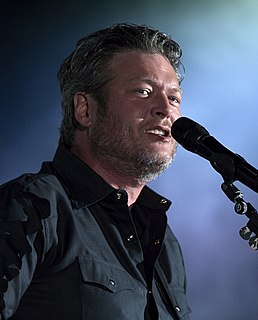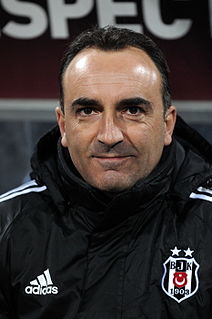A Quote by June Diane Raphael
One Christmas I had no money, and so I went home and just, like, wrote a poem; I mean, I didn't write them, but I just handed out poems as Christmas presents. Like, 'Here's a Pablo Neruda poem that really made me think of you.'
Related Quotes
It was early on in 1965 when I wrote some of my first poems. I sent a poem to 'Harper's' magazine because they paid a dollar a line. I had an eighteen-line poem, and just as I was putting it into the envelope, I stopped and decided to make it a thirty-six-line poem. It seemed like the poem came back the next day: no letter, nothing.
The way my family always did Christmas was on Christmas Eve, it wasn't really centered around a dinner on Christmas Eve. It was more about keeping the kids calm. Sometime after dark is when we were going to open all the presents underneath the tree from Mom, Dad and the kids and everything - just the family presents was every Christmas Eve.
I would read the Shel Silverstein poems, Dr. Seuss, and I noticed early on that poetry was something that just stuck in my head and I was replaying those rhymes and try to think of my own. In English, the only thing I wanted to do was poetry and all the other kids were like, "Oh, man. We have to write poems again?" and I would have a three-page long poem. I won a national poetry contest when I was in fourth grade for a poem called "Monster In My Closet.
Glen had a disability more disfiguring than a burn and more terrifying than cancer. Glen had been born on the day after Christmas. "My parents just combine my birthday with Christmas, that's all," he explained. But we knew this was a lie. Glen's parents just wrapped a couple of his Christmas presents in birthday-themed wrapping paper, stuck some candles in a supermarket cake, and had a dinner of Christmas leftovers.
I wrote a number of poems about Kah Tai lagoon, when Safeway was building that huge, ugly store down there where I used to love to watch the birds nest. That political poem, or environmental poem, was unsuccessful because Safeway built there anyway. And yet the poem has something to say today, as it did then. And I speak here only of my own poems. The agenda for every poet has to be different because most of us write from direct human experience in the world.
Introduction To Poetry I ask them to take a poem and hold it up to the light like a color slide or press an ear against its hive. I say drop a mouse into a poem and watch him probe his way out, or walk inside the poem's room and feel the walls for a light switch. I want them to waterski across the surface of a poem waving at the author's name on the shore. But all they want to do is tie the poem to a chair with rope and torture a confession out of it. They begin beating it with a hose to find out what it really means.
[Kenneth Koch] taught children in public schools in New York City to write poems and told them down worry about rhyming, don't worry about any of that stuff. You know, write a poem where you mention three colors and make it five lines - or he would just give them, you know, little strategies. And, man, they wrote some great poems.
I never think of my audience when I write a poem. I try to write out of whatever is haunting me; in order for a poem to feel authentic, I have to feel I'm treading on very dangerous ground, which can mean that the resulting revelations may prove hurtful to other people. The time for thinking about that kind of guilt or any collective sense of responsibility, however, occurs much later in the creative process, after the poem is finished.
I started out in graduate school to be a fiction writer. I thought I wanted to write short stories. I started writing poems at that point only because a friend of mine dared me to write a poem. And I took the dare because I was convinced that I couldn't write a good poem... And then it actually wasn't so bad.
Christmas poem to a man in jail hello Bill Abbott: I appreciate your passing around my books in jail there, my poems and stories. if I can lighten the load for some of those guys with my books, fine. but literature, you know, is difficult for the average man to assimilate (and for the unaverage man too); I don't like most poetry, for example, so I write mine the way I like to read it.




































